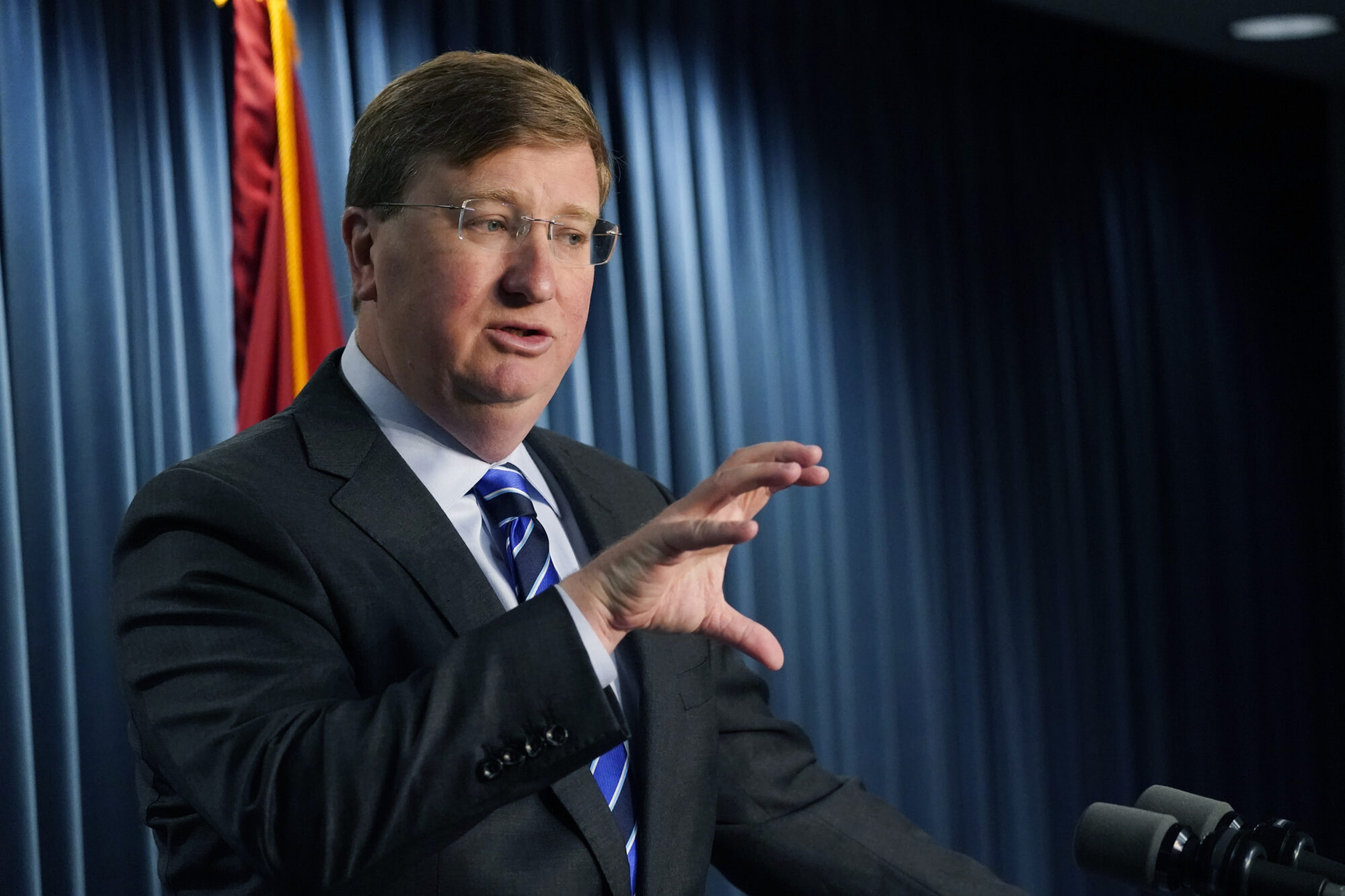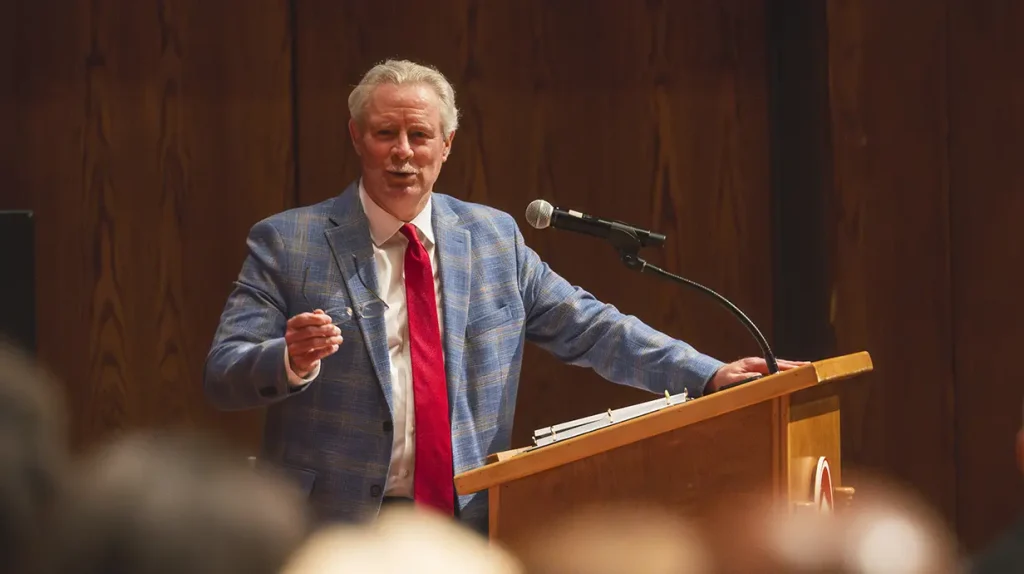RELEASE:
Mississippi House of Representatives Weekly Summary
Week of March 16, 2015
House members passed a variety of bills this week in advance of the approaching final deadlines of the 2015 Legislative Session. Most of the bills were before the House for concurrence or non-concurrence. If the House voted to concur or agree with Senate amendments, the bill was sent directly to Governor Bryant to sign into law. However if the decision was not to concur but to invite conference, the bill is sent to a conference committee of three members each from the House and Senate.
Monday and Tuesday, House members addressed and passed 53 Appropriation bills from the Senate to meet the 8 p.m. deadline Tuesday. At the beginning of the Session, the chairmen from both the House and Senate Appropriations Committees meet to divide the 106 Appropriation and Revenue bills. The House takes 53, and the Senate takes 53. Once each chamber votes on the measures, they go to the other chamber for approval. All bills must pass both chambers in identical form before they can be signed into law by the Governor.
The deadline to file conference reports on Appropriation and Revenue bills falls on Saturday, March 28. In addition to language differences between the House and Senate versions of FY2016 appropriations, members are also working with an $82.5 million state support funding difference as they finalize FY2015 and prepare FY2016 deficits. Next week, conferees will come to an agreement and file reports by Saturday night, March 28. House members will then take those bills up starting Sunday afternoon, March 29. On Monday, March 30, members will have to adopt all conference reports filed. These decisions affect how much each state agency will receive in state funds.
On the House floor, members addressed and passed Senate Bill 2762 (SB2762) by a unanimous vote. This legislation allows out-of-state utility companies to aid with disaster repair and forego completion of Mississippi income tax and Federal Insurance Contributions Act (FICA). Companies that stay in Mississippi less than 120 days assisting with disaster recovery would qualify for this exemption. The bill heads to Governor Bryant.
Some of the bills to which the House concurred with Senate changes include:
–House Bill 885 (HB885) requires insurance coverage for autism.
–House Bill 982 (HB982) eliminates the vehicle inspection sticker.
–The House attempted to concur with Senate changes to House Bill 1629 (HB1629), the phase-out of the income tax for individuals, but needed a 3/5 vote to pass, or 72 votes. Efforts to concur with the Senate changes to HB1629 failed by a vote of 67-52. The bill was held on a motion to reconsider.
Proponents of the bill supported concurring with this measure as a compromise between the House and Senate on a viable tax cut for individuals and business. They argued that passing this legislation would eliminate the three and four percent income tax brackets, resulting in a flat five percent income tax bracket for all Mississippians through a phase-out; eliminate the investment penalty on businesses through a 10-year phase-out of the corporate franchise tax and permit a 50 percent deduction of self-employment taxes for small business owners.
In a study conducted by Mississippi State University, researchers found that over a 10-year period of the elimination of the franchise tax, the state could have experienced an increase in GDP by $282 million and an increase in job creation by 3,514 jobs.
As a result of the Senate removing the trigger language in the original House bill, opponents said that the tax cuts could still go into effect regardless of Mississippi’s economic situation. They also maintained that by sending this bill to conference, instead of voting to concur, the conferees could then add the triggers back into the legislation. The Ways and Means Chairman explained this was not possible due to the way the Senate amended the bill. Opponents further expressed concerns about how the $555 million tax cut (over 15 years) would affect K-12, Institutions of Higher Learner (IHL), community colleges, roads, healthcare, the amount of money Mississippi receives from the federal government and the potential of a sales tax increase.
For those bills going to conference, the Speaker of the House and the Lieutenant Governor each assign conferees from their respective Chambers who will work together to reach an agreement on the language of the bills. Once the conference committee members agree on the language, the bills are taken back to each chamber and voted to either pass or recommit the report for further conference.
A few of the bills House members sent to conference this week include:
–House Bill 836 (HB836) requires state agencies to enhance employment opportunities for people with disabilities.
–House Bill 952 (HB952) prohibits higher copayments for patient-administered anti-cancer medications.
Visitors to the Capitol this week included Bilox-native, Astronaut Fred Haise and Greenwood-native and 11th CEO of the United Parcel Service (UPS) David Abney.
3/19/15






